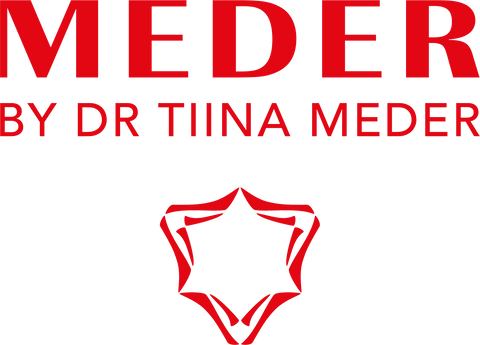Bamboo’s properties earned it the reputation of an extraordinary plant and it’s become a cultural symbol for many people.
A Philippine legend says that the first man and woman were made from halves of a bamboo seed and placed on at island resulting from the battle between Ocean and Sky. Similar myths exist in Malaysia, Japan, Polynesia and Hawaii.
The Chinese count bamboo among the Four noble plants, together with orchid, chrysanthemum and plum blossom. In Vietnam bamboo is a symbol of nobleness too, and also of perseverance, diligence, optimism and ability to overcome hardship.
In Japan bamboo is planted around shinto shrines as a sacred barrier against evil. For most Asian buddhists bamboo is one of primary foods. Buddhists are not supposed to take a life, so they can’t eat meat, fish or even eggs, substituting it with bamboo shoots.
Bamboo contains plenty of protein and amino acids, providing almost all necessary nutrition, and all known vitamins, both water and fat soluble. The contents of micro elements depends on the sort of bamboo, but iron, manganese, copper, selenium, zinc and silicon are always present.
Cosmetology has use for bamboo primarily as a source of silicon. With age the number of silicon compounds in the skin decreases, and silicic acid, actively participating in the syntheses of all main skin structural elements, is one of the most important construction materials of connective tissue. Silicon deficiency is tied to the loss of the skin’s ability to retain moisture, the loss of tonicity and resilience, appearance of wrinkles and even stretch marks. The bamboo shoots extract, also known as tabasheer, is especially rich in silicon, but also contains vitamins and minerals. It is most commonly used for age-preventing, skin care during pregnancy and body care products.
Besides proteins, minerals and vitamins, bamboo leaves contain organic acids and ethereal oils. Bamboo leaves extract has a more pronounced vasostrengthening effect, reduces swelling and improves circulation; it is used to prevent couperosis, stimulate hair growth and care for tired and dull skin. Young bamboo shoots are used as abrasive particles in cosmetic scrubs.
Bamboo allergy is extremely rare, and even dried up bamboo moisturises the skin without traumatising it. Finally, bamboo fibre has recently come to be used for making facial masks. Compared to cellulose and other materials, bamboo can soak up much more liquid, and bamboo cloth itself soothes and softens the skin.
A bamboo fibre mask is better for delivering the active solution it had been soaked in to the skin. Feels softer and nicer on the skin too!










